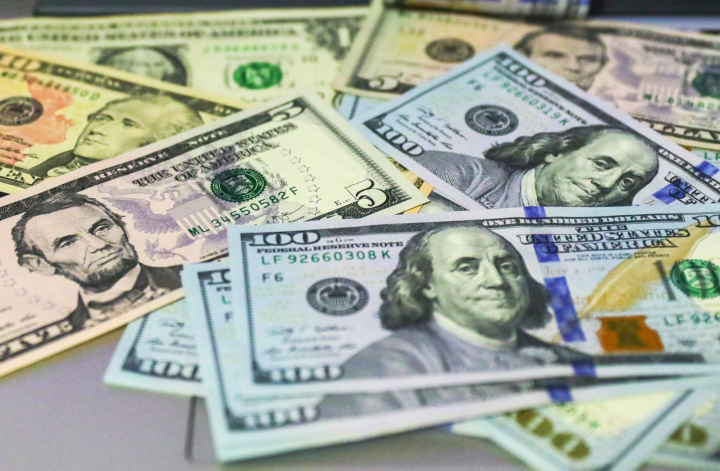If you have ever wondered what the advantages are of having an electric vehicle (EV), you are not alone. Many people are considering getting one but are not sure how they will benefit from it. Electric Vehicles (EVs) are a relatively new thing. They are still in their infancy, but with time, they will become more and more popular. In the past years, EVs have grown significantly, and over 100,000 EVs were sold in 2014 alone. The main reason for that is that charging an EV is much more convenient than charging a gas-powered vehicle.
An electric vehicle is a car, motorcycle, or tractor that runs exclusively on electrical energy stored in rechargeable batteries. These batteries are charged from the power grid and can also be charged by using a home outlet or the regenerative braking on many electric vehicles.
Benefits of EV
Electric Vehicles (EVs) are here to stay. By now, you should know that EVs have numerous benefits, including considerably lower operating costs, increased safety, and reduced emissions. In addition, if you can charge your car at home, you can also take advantage of the cheaper fuel and maintenance costs that go along with that. You could approach service providers such as Aardvark Electric – Trusted electrician in Atlanta, GA to come take a look at your home’s electrical system, and see if an EV charging station can be installed. With these cost savings and benefits in mind, it’s no surprise that EVs are becoming more popular, and they’re not just being used for luxury cars: the new Nissan Leaf is the most popular EV in the country, and the Chevy Bolt is one of the most popular models of EVs.
Smart cars are here to stay, and the benefits of owning an electric car are undeniable. The fact that nearly all electric cars on the road today have a range of more than 200 miles per charge makes it easy to justify the expense of owning an electric vehicle. After all, who would want to drive a car that only gets 150 miles on a single charge? While long-range electric vehicles offer great range for highway driving, for shorter trips around town, a low-speed vehicle can be a more practical and affordable option. They are practically designed for a lower-speed, neighborhood-oriented travel, offering a convenient and eco-friendly option for short commutes. However, these vehicles are subject to lsv law, ensuring their safe operation and integration into existing traffic patterns.
How do you decide if an EV would be right for you?
This is a question that I have been asked many times by many people. I know that it is important as the decision is one that will affect your life for a long time to come, so it is not something that you can just take lightly. The EV market is still young, so we can expect to see a lot of changes in the coming years. That means there are a lot of different options for people who want to buy an EV, but they have to decide what kind of EV might work for them. Ideally, you could accomplish intercity travel on one charge, without having to depend on charging stations. That makes the case for EVs even stronger since all you’d need is a charger at home. You could get one installed from your local electrical company similar to Colonial Home Services. But for that scenario, you have to pick the right one. Electric cars differ a lot, depending on the power source (battery-electric, plug-in hybrid, or hydrogen fuel cell) and the electric range. Plug-in hybrids have a range of 30-100 miles on a single charge. Battery electric cars are more like the Chevy Volt, with a range of up to 150 miles. Hydrogen cars are even more of a niche but have the highest range of all EVs at about 400 miles.
Few people think about it, but the decision to buy an electric vehicle will ultimately be one of the most important decisions you will make in your life. Government fleets and other businesses are also adopting electric vehicles for their transport fleet. Transitioning to a zero-emission policy can be tricky and they might get the help of an ev consultant to be compliant with the concerned regulations. Of course, when it comes to individuals, the decision on whether to buy an electric car will be the same as any other purchase, where you have to weigh the pros and cons. The decision of whether to purchase an electric car is based on several factors.
Electric Vehicles (EVs) are getting more popular by the day, yet they remain relatively novelty items for the average Joe. That is changing, though, as more and more automakers are making EV products available to the public, with interesting features and surprising prices. One of the new EV models that recently hit the streets is the Chevy Bolt, which is already a hit with many EV owners. Despite its low sticker price, the Bolt is packed with advanced features that justify its higher sticker price and make it a solid choice for many drivers.





